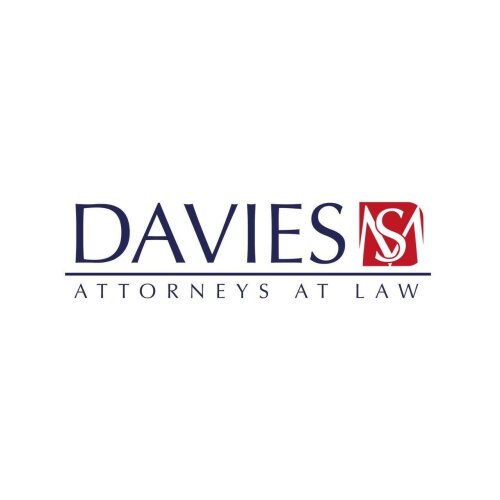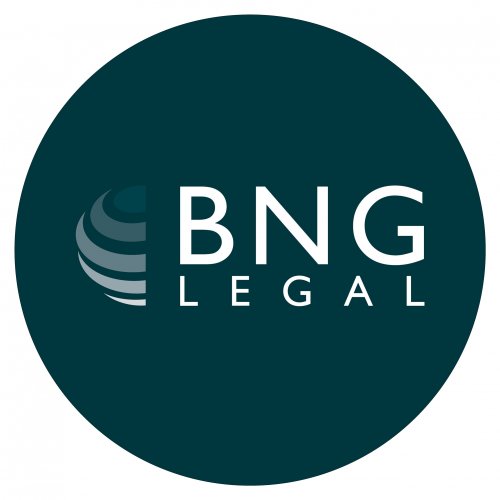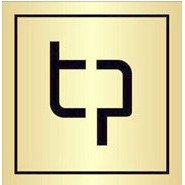Best Banking & Finance Lawyers in Phnom Penh
Share your needs with us, get contacted by law firms.
Free. Takes 2 min.
List of the best lawyers in Phnom Penh, Cambodia
About Banking & Finance Law in Phnom Penh, Cambodia
The banking and finance sector in Phnom Penh, the capital of Cambodia, is rapidly evolving, with several domestic, regional and international financial institutions operating in the city. Cambodia has a market-based economy with a regulatory system that promotes business freedom, making it an attractive destination for foreign investment. The National Bank of Cambodia governs this sector, setting policies, regulating financial institutions, and controlling monetary policy.
Why You May Need a Lawyer
When dealing with intricate banking and finance matters, it is essential to have a lawyer who understands both the business aspect and the legal requirements. They are necessary if you wish to protect your financial interests in transactions such as property investments, bank loans, corporate finance, restructuring, or if you face a dispute with a banking or financial institution. Additionally, lawyers can guide foreign investors or businesses about the banking and finance laws and practices unique to Cambodia.
Local Laws Overview
The key areas of banking and finance law in Cambodia include banking operations and management, insurance, capital markets, foreign investments, and monetary policies. The most significant laws governing this sector are the Banking and Financial Institutions Law, the Law on Investment, and the Law on Commercial Enterprises. There are also several legal requirements regarding anti-money laundering and combating the financing of terrorism.
Frequently Asked Questions
What is the main regulatory body for banking and finance in Cambodia?
The National Bank of Cambodia is the principal authority regulating the banking and financial sector in Cambodia.
Can foreign investors open a bank account in Cambodia?
Yes, foreign investors can open both corporate and personal bank accounts in Cambodia, though this process is simplified with legal advice.
Is there any protection for depositors in Cambodian banks?
Yes, deposits in Cambodian banks are protected under the Law on Deposit Insurance, which ensures compensation to depositors if a bank fails.
What laws govern foreign investment in Cambodia?
The main laws governing foreign investment in Cambodia are the Investment Law of 1994 and the Amended Investment Law of 2003.
What is the medium of exchange in Cambodia?
The official currency of Cambodia is the Riel. However, the US Dollar is also widely accepted.
Additional Resources
For additional information, visiting the National Bank of Cambodia's website can be helpful as it provides overall regulations and policies governing the banking and finance sector. The Council for the Development of Cambodia also provides useful information, especially for foreign investors. Lastly, legal firms specializing in Cambodian banking and finance laws can also provide detailed and valuable assistance.
Next Steps
If you require legal assistance, first, identify your specific need. Seek advice from legal professionals who specialize in Cambodian banking and financial laws. They will guide you on understanding the local laws and regulations, protect your interests, assist in dispute resolution, and negotiate transactions effectively. It can also be beneficial to join business groups or associations related to banking and finance in Cambodia to connect with industry peers and stay updated on policy changes.
Lawzana helps you find the best lawyers and law firms in Phnom Penh through a curated and pre-screened list of qualified legal professionals. Our platform offers rankings and detailed profiles of attorneys and law firms, allowing you to compare based on practice areas, including Banking & Finance, experience, and client feedback.
Each profile includes a description of the firm's areas of practice, client reviews, team members and partners, year of establishment, spoken languages, office locations, contact information, social media presence, and any published articles or resources. Most firms on our platform speak English and are experienced in both local and international legal matters.
Get a quote from top-rated law firms in Phnom Penh, Cambodia — quickly, securely, and without unnecessary hassle.
Disclaimer:
The information provided on this page is for general informational purposes only and does not constitute legal advice. While we strive to ensure the accuracy and relevance of the content, legal information may change over time, and interpretations of the law can vary. You should always consult with a qualified legal professional for advice specific to your situation.
We disclaim all liability for actions taken or not taken based on the content of this page. If you believe any information is incorrect or outdated, please contact us, and we will review and update it where appropriate.
Browse banking & finance law firms by service in Phnom Penh, Cambodia
Phnom Penh, Cambodia Attorneys in related practice areas.














